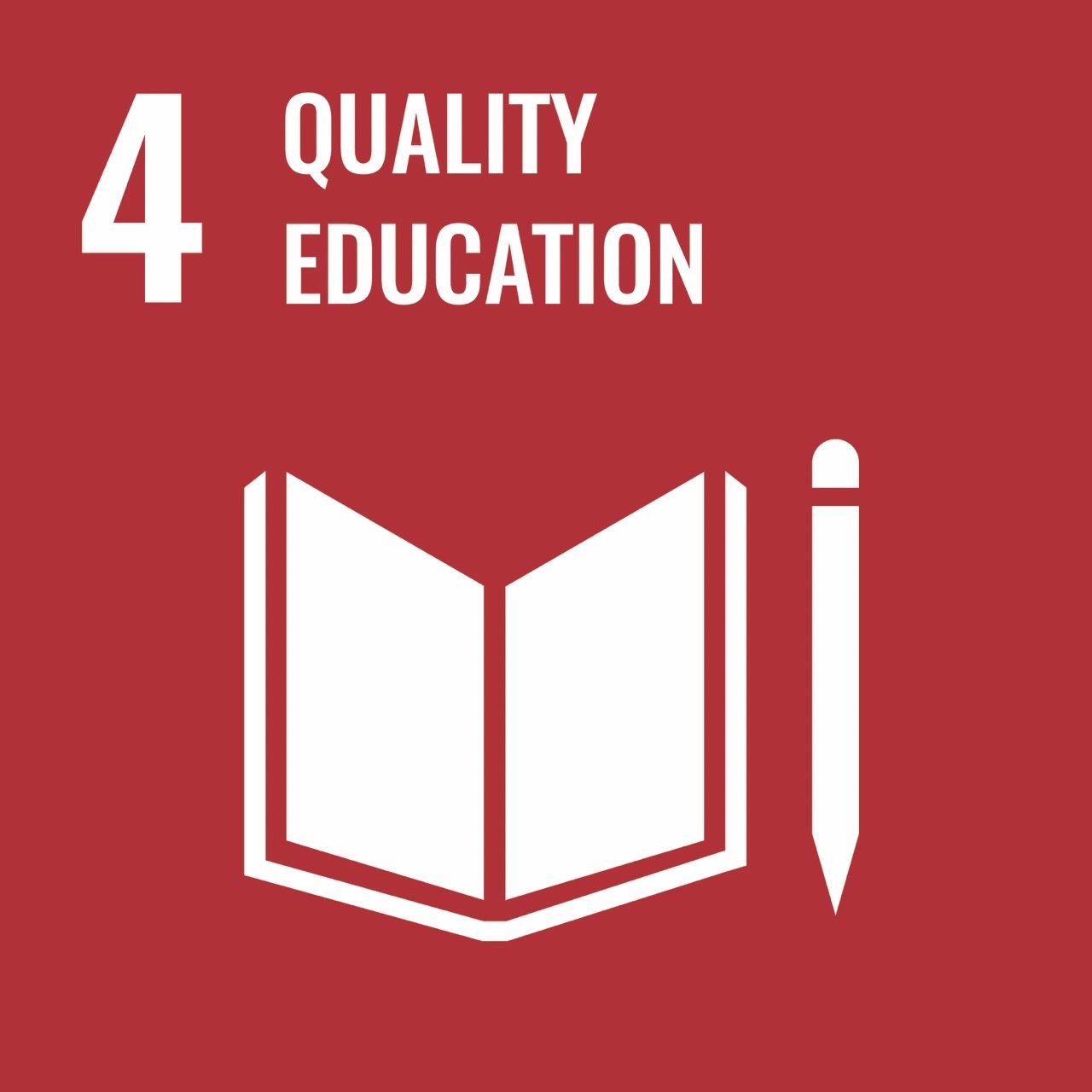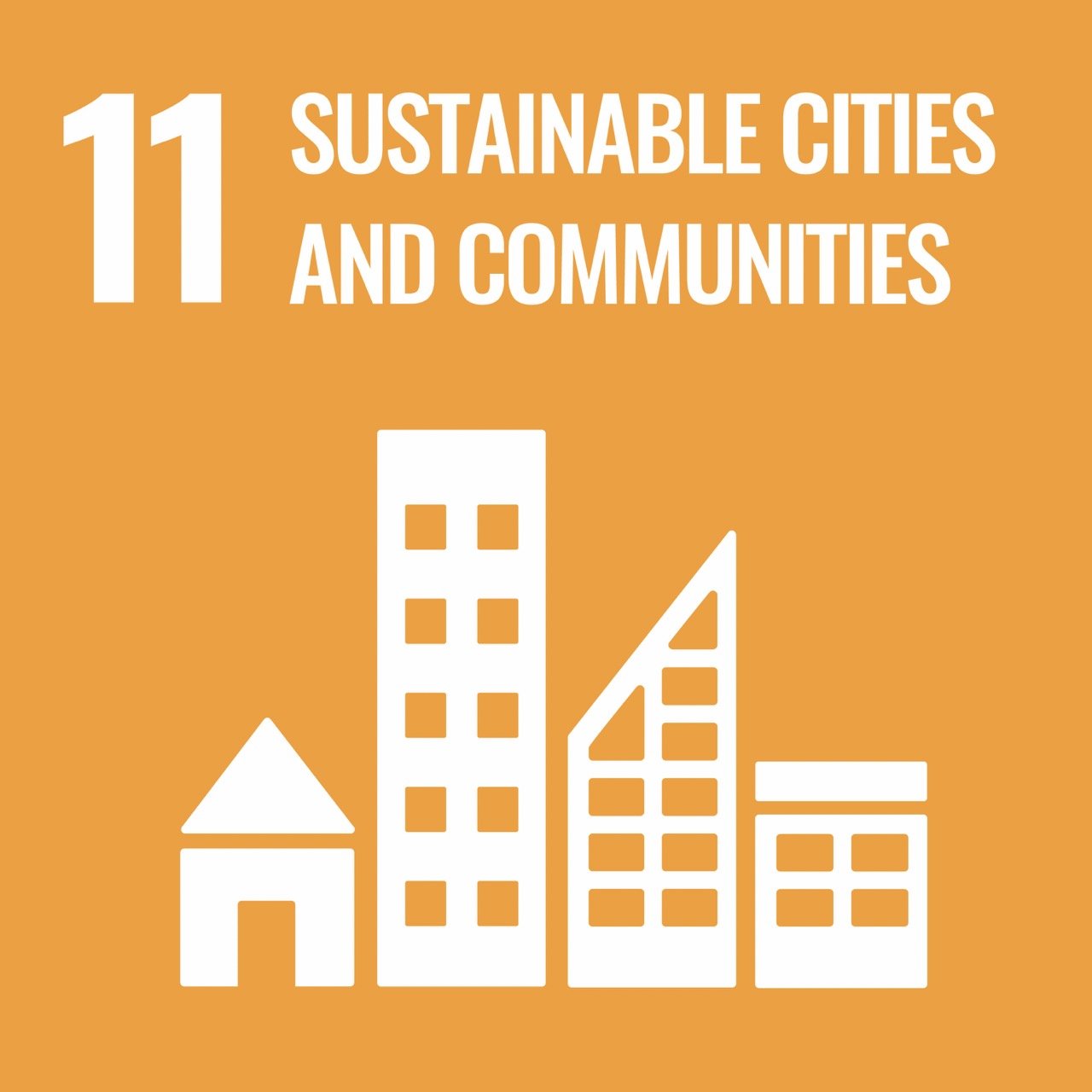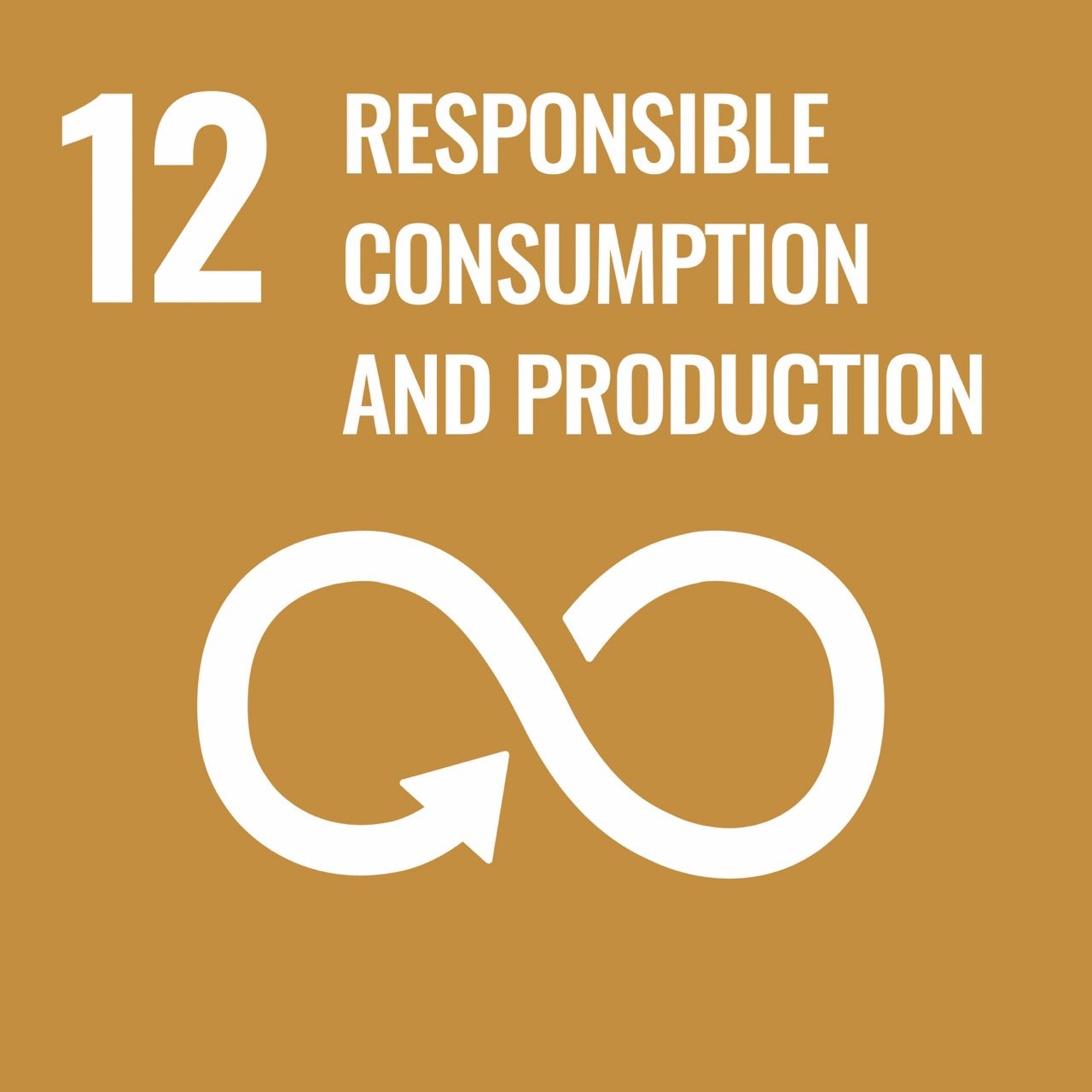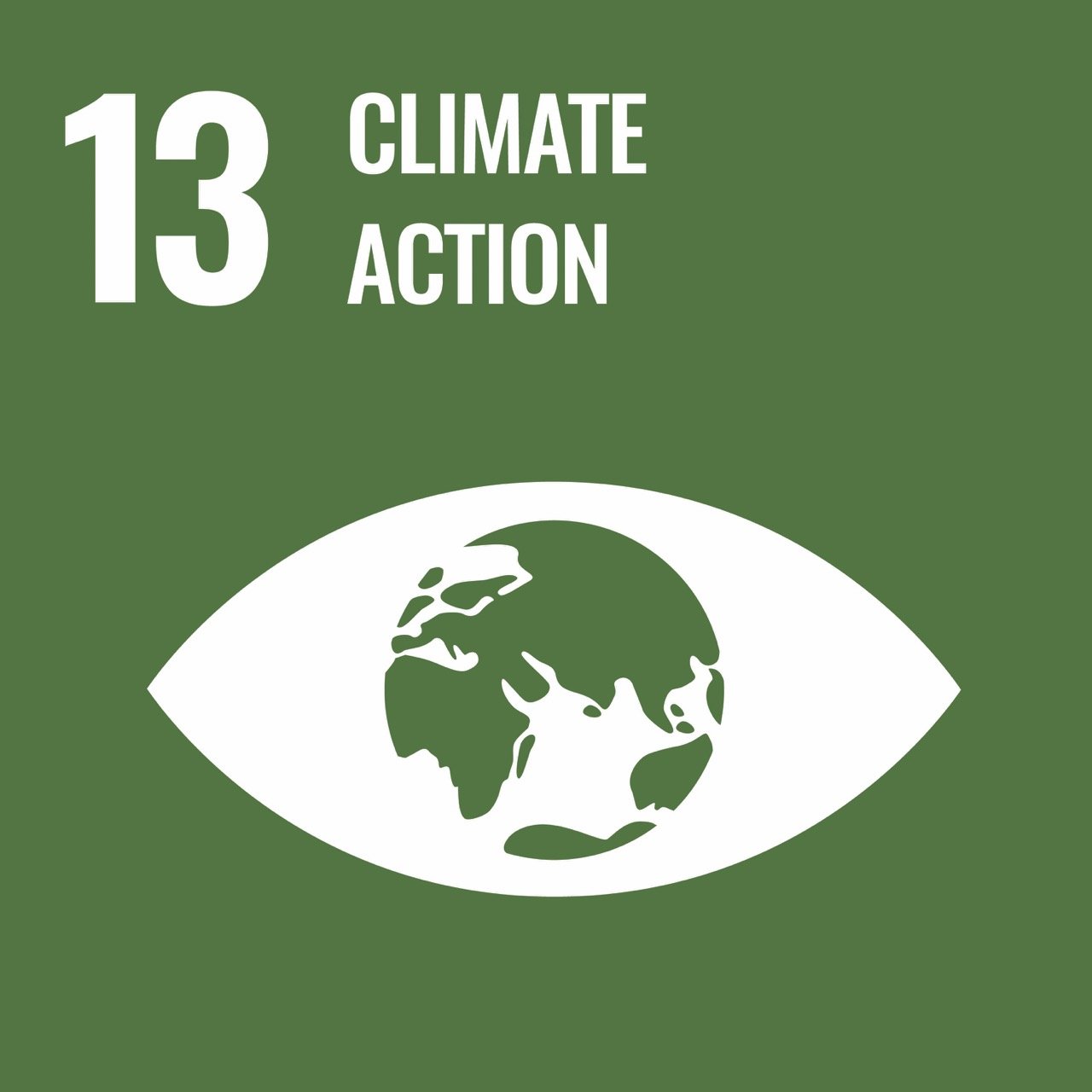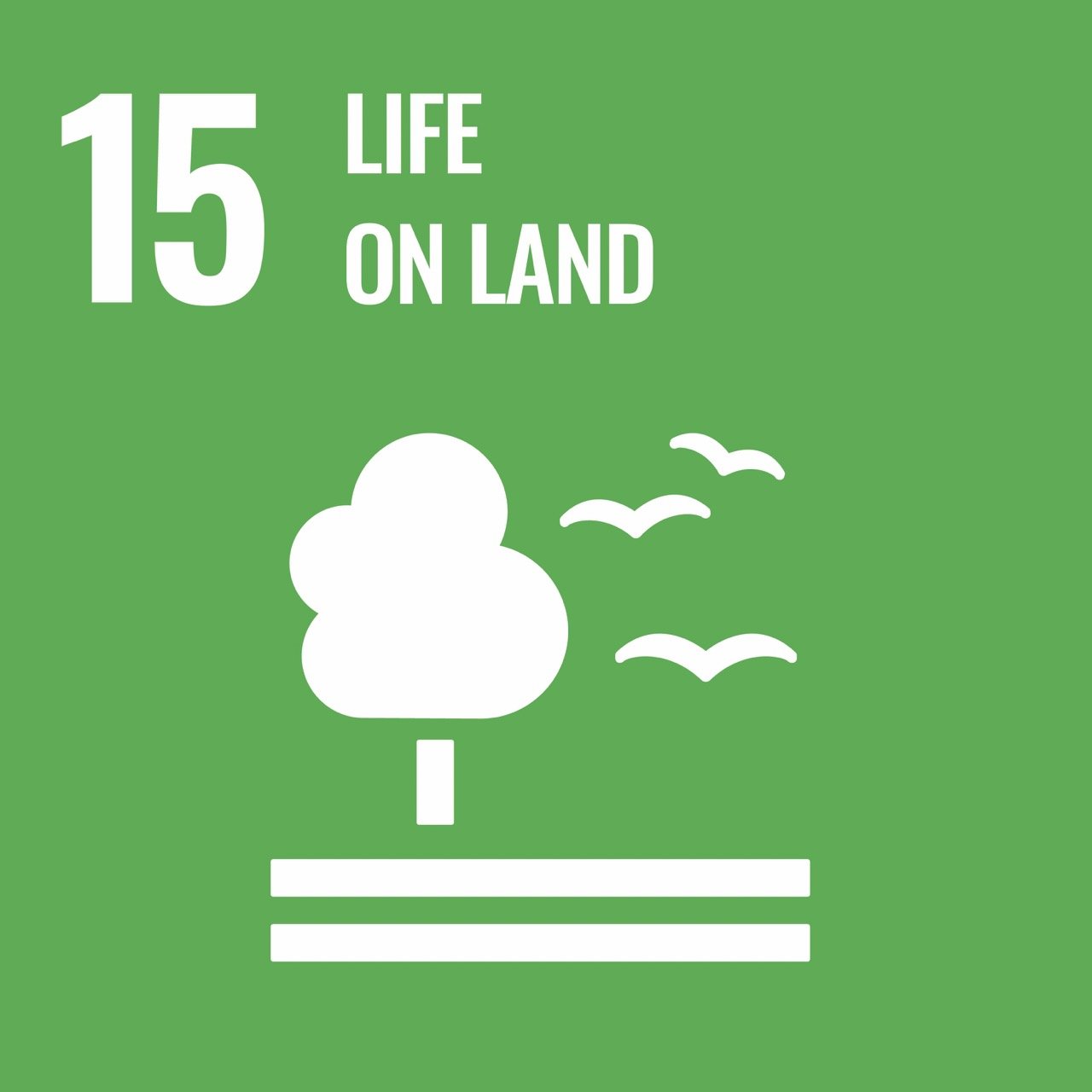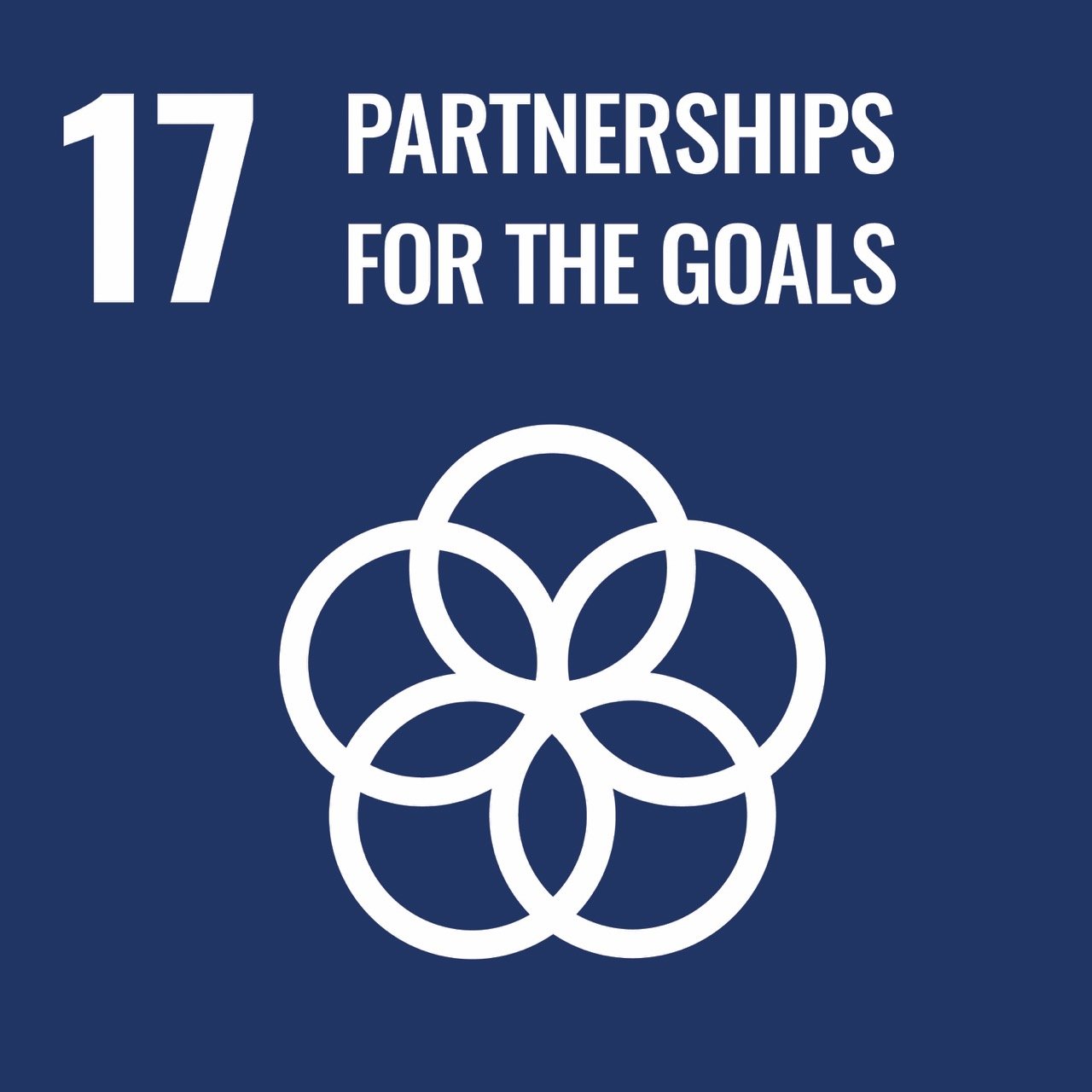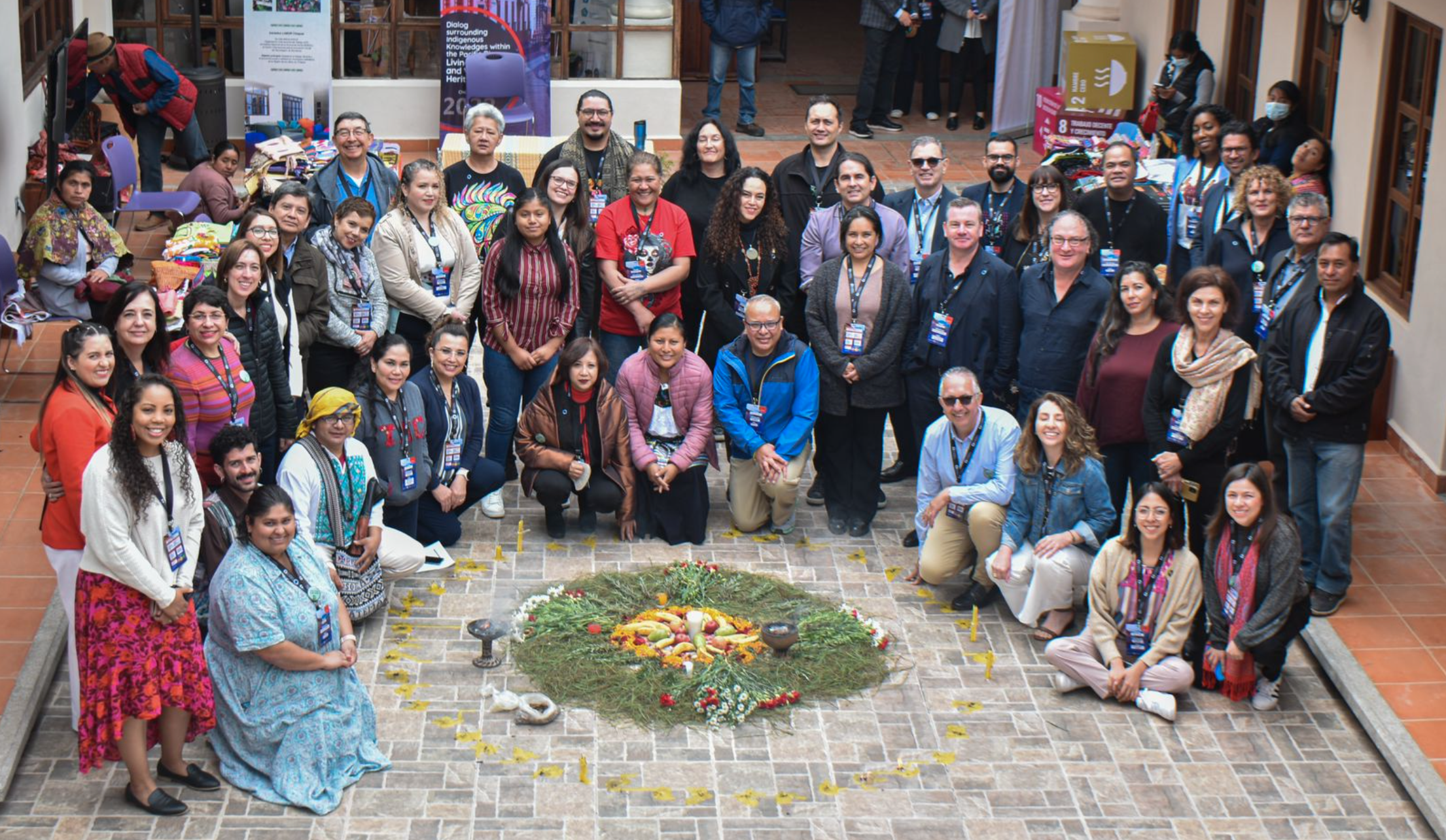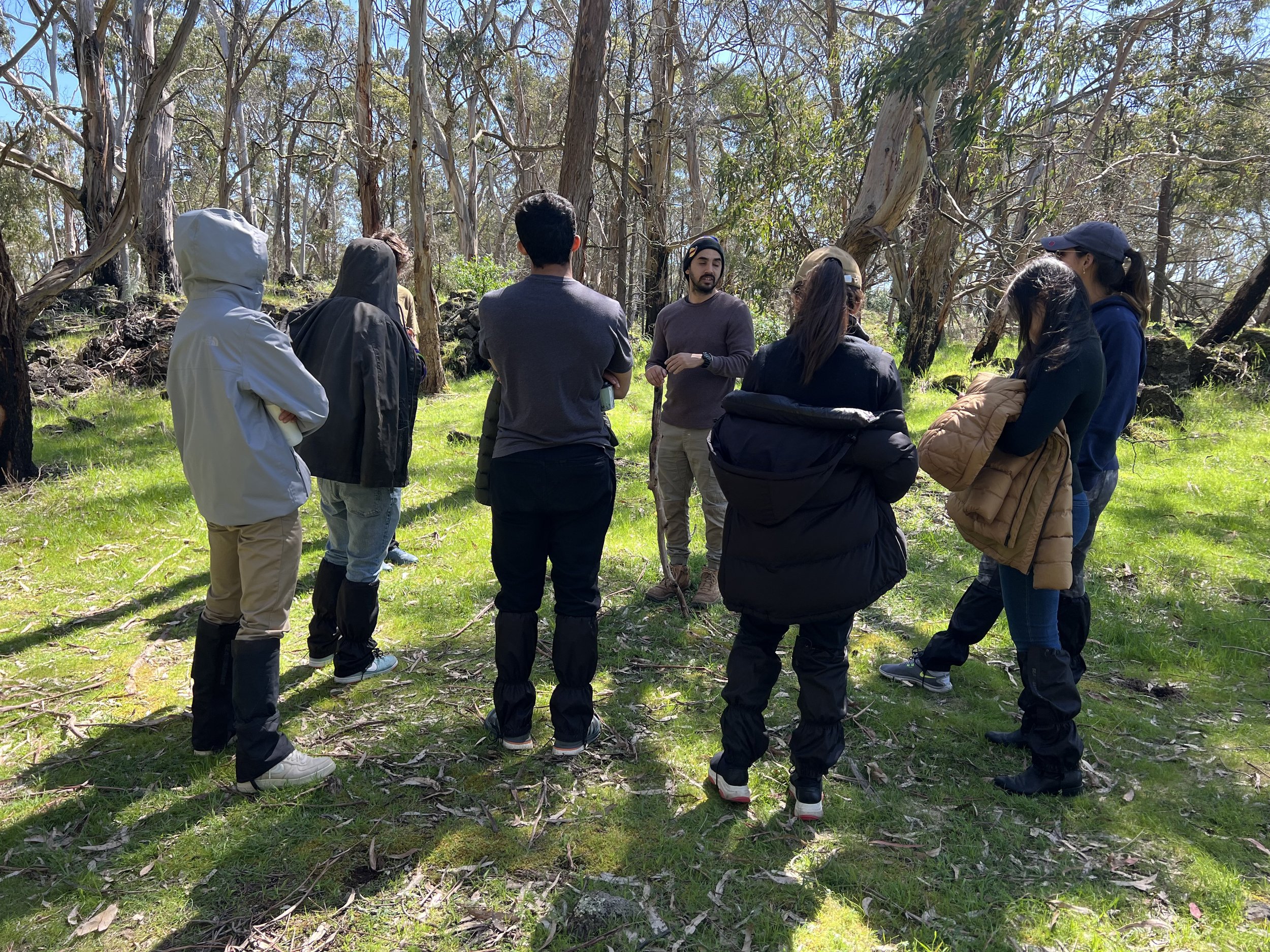PRIORITY AREA
6. Indigenous knowledges
Aspiration to 2030
The University has respectfully integrated Indigenous knowledges and participation into our approach to sustainability.
Progress against targets
The University has an increased understanding of sustainability from an Indigenous perspective through co-created or Indigenous-led reciprocal learning
The University community integrated Indigenous knowledges in approaches to sustainability, informing curriculum development and international partnerships
The University’s Indigenous Strategy 2023–27 is currently under development, and future work to achieve this target will be aligned to the new strategy
-
In 2022, the Melbourne Law school, led by its Indigenous Law and Justice Hub, entered the middle phase of the Indigenisation of its core law program, the Juris Doctor. Through this program, teachers are supported to integrate First Nations legal knowledge and systems into subject curriculum, including the relationship between the law, land and sea, highlighting the way colonial laws separate governance from place, ‘natural’ processes, and the environment.
The Faculty of Architecture, Building and Planning completed a significant reorientation of the Master of Architecture studio program in response to new accreditation criteria. The process was led by an ‘Indigenising the Curriculum’ agenda, ensuring a holistic approach to integrating sustainability and Indigenous knowledge systems in new studio approaches.
-
To recognise the International Day of the World’s Indigenous Peoples, the Indigenous Knowledge Institute hosted a symposium to showcase and celebrate a variety of Indigenous knowledges from across the University and the community. Among many insightful discussions held over the two-day symposium, one panel session focused on ‘Using Indigenous Knowledge to Manage Healthy Country’.
Panellists included Professor Michael-Shawn Fletcher, Maddison Miller, Dr Jack Pascoe, and Matt Shanks, who explored what constitutes ‘Healthy Country’, and how Healthy Country management plans can empower Indigenous communities and the broader Australian community. The panel emphasised the importance of deep listening and respect when building partnerships to restore healthy Country, based on Indigenous methodologies for collaboration.
Global collaboration in Indigenous knowledges
The University led formation of the Indigenous Knowledges Network within the Association of Pacific Rim Universities (APRU), established in 2022. The inaugural meeting of the network took place in Chiapas, Mexico.
Co-hosted by the University of Melbourne in partnership with Tecnológico de Monterrey, the meeting focused on promoting Indigenous heritage in the Pacific Rim. Representatives from Australia, Canada, Ecuador, Hawaii, Malaysia, Mexico, New Zealand/Aotearoa and the United States came together to share knowledge, build connections between researchers, and enhance teaching programs in Indigenous and First Nations studies. The network will reconvene in November 2023 in Melbourne and will be hosted by the University.
Knowledge sharing in Central Australia
The Faculty of Engineering and Information Technology embarked on a knowledge-sharing trip to Central Australia in 2022, hosted by Desert Knowledge Australia. The group met with key partners from the Centre for Appropriate Technology and Ekistica, and had the opportunity to learn about renewable energy, Aboriginal-driven engineering, and how cultural values and heritage influence these fields. Faculty members visited the Ankerre Ankerre Wooded Wetlands, which suffered damage and drying due to past civil engineering and planning practices. They also learned about deep listening from Elders and Traditional Owners, who taught them to listen to the sound of trees drinking at Standley Chasm – Angkerle. The trip prompted deep reflection and transformed thinking for faculty staff.
Understanding and Celebrating Millenia of Indigenous Engineering
The Budj Bim Cultural Landscape, located on the traditional Country of the Gunditjmara people, contains one of the world’s oldest aquaculture systems. For over 6000 years, Gunditjmara people have engineered the Budj Bim lava flows to create a complex system of channels, weirs and dams in order to trap, store and harvest kooyang (short-finned eel).
The Faculty of Engineering and Information Technology is collaborating with the Gunditj Mirring Tradition Owners Aboriginal Corporation and Gunditjmara community to document and understand the sophisticated aquaculture systems of Budj Bim. An Australian Research Council project, Understanding the Budj Bim World Heritage Cultural Landscape, awarded in late 2020, aims to elucidate engineering processes that have enabled the Gunditjmara to develop and maintain this aquaculture complex, as well as how the complex may have evolved over time in response to changing social and environmental circumstances. Students are working collaboratively with the community to undertake engineering and interpretation projects that will protect the landscape, benefit the community and support tourism.
The Budj Bim Project Team (Associate Professor Juliana Kaya Prpic, Associate Professor Martin Tomko, Damein Bell, Denise Lovett, Tyson Lovett-Murray and the Gunditjmara Community) were awarded the University of Melbourne 2022 Award for Excellence in Place-based Initiatives.


